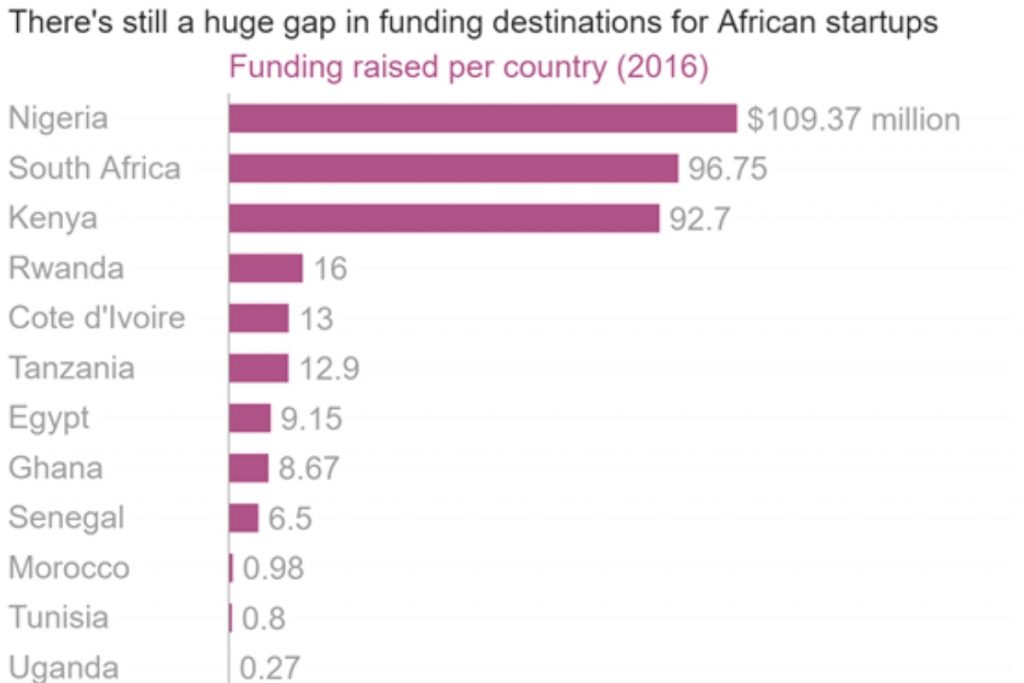The financial industry in Africa has drastically changed since the emergence of fintechs. Presently, there are more than 300 financial technology startups across the continent. These fintechs help people easily access financial services, and also make payments and remittances more convenient. Some notable fintechs includes Kenya’s MPesa, Nigeria’s Paga, Zoona in South Africa, Egypt’s Fowry etc.
Records show that these fintechs have secured over $100 million fund across the continent in the last two years. They provide financial services like savings, remittance, mobile wallets and loans in many countries across Africa.
See also: Mastercard’s Engage Program to Support Fintechs in SSA

Although these fintechs are working really hard to innovate the traditional banking system; the percentage of unbanked population is large compared to the rest of the world. In Sub-Saharan Africa alone, about 25% of the population is unbanked. This is the reason why Umba, an Irish fintech startup, joined the many fintechs in Africa that proffer payment solutions across Africa.
Umba is a fintech startup, founded by Barry O’Mahony and Tiernan Kennedy in 2017. They have raised an undisclosed amount of funds from a round led by Frontline Ventures and ACT Venture Capital. Tiernan Kennedy, the Co-founder of Umba, says that they raised the fund to provide microfinance loans to emerging markets across Africa. They seek to address the needs of customers who lack access to traditional bank accounts. By simply downloading the mobile app, anybody can borrow micro-loans across the continent. They currently operate in Kenya and Uganda with 170 000 customers across Africa.
More on TechGist Africa:
- Nigerian Agricultural Sector Introduces Smart Seed Labeling Technology to Eliminate Low-Quality Seeds
- Instagram Now Testing Feature that Hides Number of Likes and Allows Influencers Sell Items Directly
- MTN Nigeria goes Public as Part of NSE’s Requirement for Listing
- See the Latest Partnerships to Advance Financial Inclusion Across Africa
- An Interview with Plantheus: Leveraging on Artificial Intelligence to Tackle Crop Diseases














